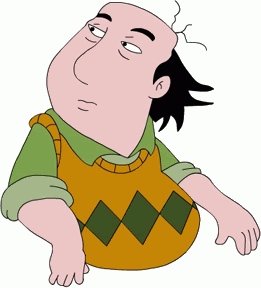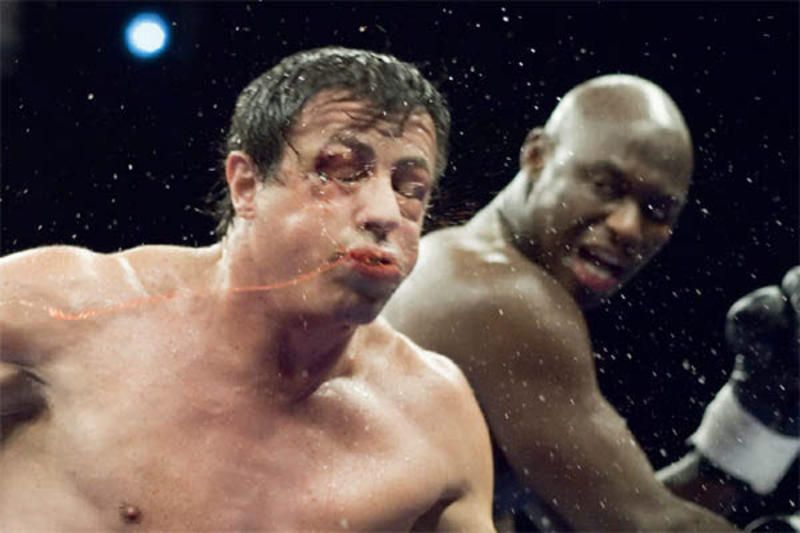
I don’t consider myself a critic. I don’t have the experience, the background, or the clout to saddle myself with that label. I’ve taken a stab at the life before, and as fun as it can be to put my thoughts together and then spew them out into a microphone, more often than not it got in the way of what I truly should have been doing. Part of that could have been time management issues, ones with which I continue to struggle, but I do have some inkling of what goes into the work of a successful critic.
Simply put, a critic is someone who’s paid for their opinion. I’ve discussed the nitty gritty of criticism several times, and I’ve taken in all sorts of critical analysis. I’ve read over the opinions of those who’ve carved out an entire career from criticism, and I’ve listened to the diatribes of those who have picked up a rather broad audience through one means or another. The most in-depth and compelling analyses I’ve seen come from those who remain objective throughout their writing, or at least encapsulate their more personal feelings and keep them from being a huge influence on the overall critique. What moves one person to tears, another might find laughable or contrived, yet if a story element is solid or a character’s performance earnest and realistic, it can be agreed upon by both people that said element was objectively good.
Objectivity, however, can be seen as cold or too intellectual. In recent years, critics who allow more subjective verbiage to move through their writings have become far more popular than mostly objective ones. The angrier they get, the more sarcastic and cutting their jibes, the more histrionic their behavior, the more hits they get and the more they get paid. While I do understand the logic behind this shift, and can appreciate how noble an effort it can be to bridge the gap between critic and entertainer, from time to time I catch a glimpse of something happening to some of these popular figures, and it worries me.
The problem is that if the critic in question allows their histrionics or eccentric behavior to color their objectivity as a critic, their merit as a critic becomes questionable. Having a knee-jerk reaction to an announcement from the industry is one thing; allowing that reaction to color one’s opinion of an entire entertainment enterprise from conception to execution over a production period of years is quite another. If you do this, I can’t take your opinion seriously. You may continue to get entertainment value out of this sort of material, sure, but how much can you trust the opinion of someone on a game or movie if you know for a fact they dislike the game’s developer, or have a particular hatred for the film’s director? Some content creators have a certain track record, sure, but going into an entertainment experienced with a pre-conceived notion when your job is to be objective about said entertainment, in my opinion, ruins the merit of the criticism that will emerge.
Now, I know it’s impossible to completely divorce emotional responses from objective observations. Hence my use of the word ‘encapsulation’ earlier. This is what I would advise others looking to review or criticize to do: isolate your emotional responses, and let them supplement, rather than inform, your opinions on the work. Judge the work by its merits from an objective standpoint: the construction of the narrative, the execution of timing, the dimensionality of the characters, and so on. Then, add your personal touches where they fit. This will allow the actual criticism to shine through the trappings. Simply put, don’t let the fact that others might read your work overwhelm the reason you’re writing the work in the first place. Stick to the facts and what you can prove and stand by, rather than hanging all of your opinions on your own perceived popularity. Avoid the cult of personality, or worse, believing you have one. If you go for the obvious jokes and let your reactions prejudice your observations, you may get some hits for comedic value, but your overall work and reputation are likely to suffer. This can be corrected, in time, but first you have to admit that the problem exists at all, and not everybody’s going to do that.
Just a piece of advice from a fellow amateur.





